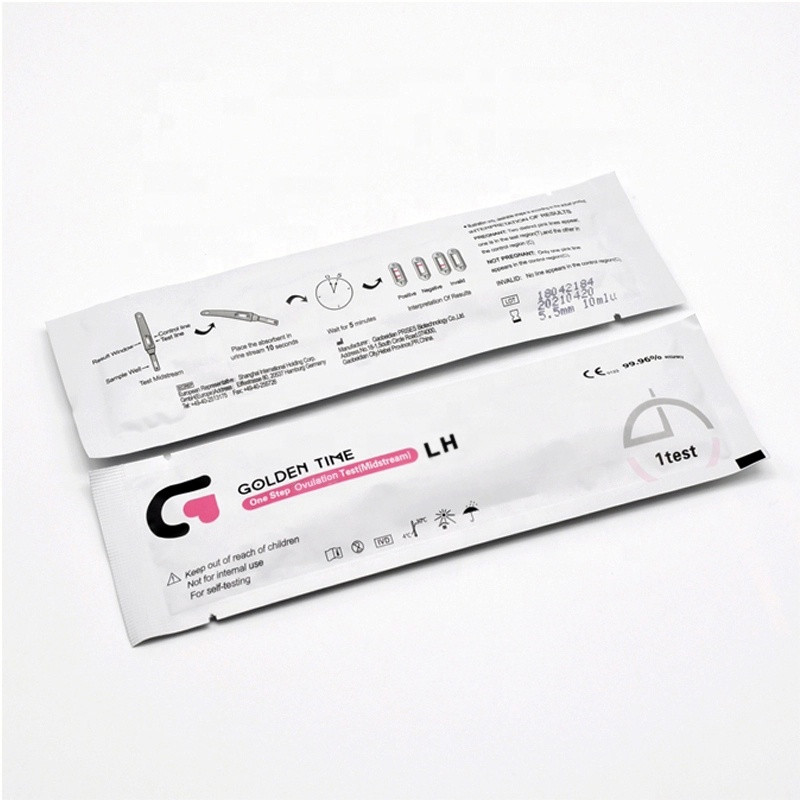നവം . 12, 2024 08:35 Back to list
typhoid antigen test factory
The Role of Typhoid Antigen Tests in Modern Diagnostics
Typhoid fever, a serious illness caused by the bacterium Salmonella enterica serotype Typhi, remains a significant public health concern in many parts of the world. Despite advancements in medical science, typhoid fever affects millions annually, particularly in regions with inadequate sanitation and limited access to clean drinking water. In this context, the development and production of effective diagnostic tools, specifically typhoid antigen tests, have become essential. This article will explore the importance of typhoid antigen tests and the role of factories that specialize in their production.
Understanding Typhoid Antigen Tests
Typhoid antigen tests are diagnostic tools that detect the presence of specific antigens produced by Salmonella Typhi in a patient’s blood. These tests offer a rapid and efficient means of diagnosing typhoid fever, allowing for timely treatment, which is crucial in preventing severe complications or death. Unlike traditional methods that may require blood culture, which can take days for results, antigen tests can provide results within hours, making them invaluable in acute clinical settings.
The Manufacturing Process
The production of typhoid antigen tests involves several meticulous steps. It begins with the identification and isolation of the specific Salmonella Typhi antigens. Once isolated, these antigens are purified and standardized to ensure accuracy and reliability in the testing process. Advanced techniques, such as recombinant DNA technology, are often employed to produce these antigens in large quantities and with high purity.
Following the production of antigens, they are integrated into diagnostic kits that may include test strips or microplates. Quality assurance is a critical aspect of this process, ensuring that each batch of tests meets stringent regulatory standards for sensitivity and specificity. Factories focused on typhoid antigen tests must adhere to Good Manufacturing Practices (GMP) and be compliant with international health regulations, such as those set forth by the World Health Organization (WHO).
typhoid antigen test factory

Impact on Global Health
The availability of reliable typhoid antigen tests produced in specialized factories can significantly impact global health, particularly in typhoid-endemic regions. These tests facilitate early diagnosis, enabling healthcare providers to initiate appropriate antibiotic therapy sooner. This is particularly crucial given the rising incidence of antibiotic-resistant strains of Salmonella Typhi, which complicates treatment protocols.
Furthermore, the widespread use of antigen tests can help in monitoring and controlling typhoid outbreaks. Rapid identification of infected individuals allows for effective public health interventions, which can curb transmission and save lives. By investing in the production of these tests, factories contribute not just to diagnostics, but to broader public health initiatives aimed at reducing the burden of this disease worldwide.
Future Directions
As the fight against typhoid fever continues, ongoing advancements in diagnostic technology are expected to enhance the efficacy of antigen tests. Research is being directed toward developing multiplex tests that can detect multiple pathogens simultaneously, improving resource allocation in healthcare settings. Additionally, efforts to increase access to these diagnostic tools in low- and middle-income countries are essential for reducing the incidence of typhoid fever globally.
In conclusion, typhoid antigen test factories play a crucial role in enhancing the diagnostic capabilities available to healthcare systems worldwide. By producing reliable and rapid tests, they not only aid in the prompt diagnosis and treatment of typhoid fever but also contribute significantly to global public health efforts. As research and technology continue to evolve, these factories will undoubtedly remain at the forefront of combating typhoid fever, ultimately working towards a future where this infectious disease is much less prevalent.
-
China Nylon Flocking Swabs - AI Enhanced Quality Collectors
NewsAug.03,2025
-
Highly Accurate hCG Pregnancy Test Strips - 5 Min Results
NewsAug.02,2025
-
Premium Empty ABS Plastic Cassettes: Durable & Lightweight Storage
NewsAug.01,2025
-
Accurate Cocaine (Coc) Rapid Test Kit | Fast & Reliable Detection
NewsJul.31,2025
-
Accurate HCG Pregnancy Test Strips | Fast Home Use Kit
NewsJul.31,2025
-
Reliable Early Pregnancy Test Kit Supplier - Multi Plastic Cassette Options
NewsJul.30,2025

